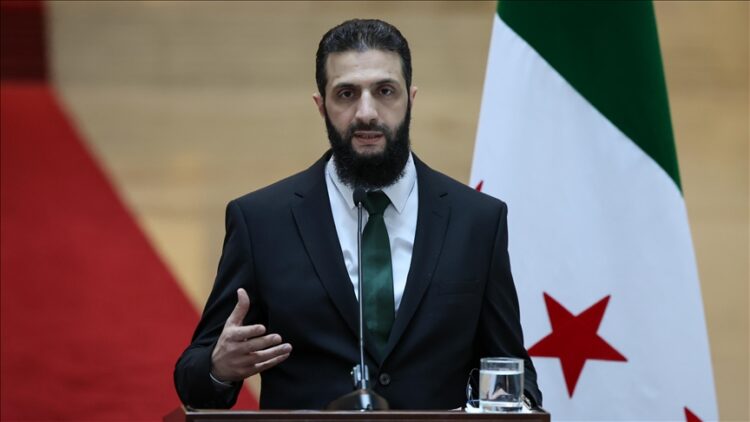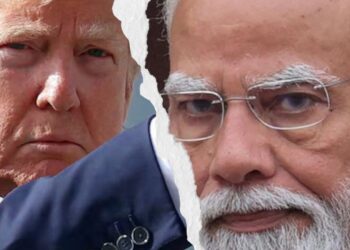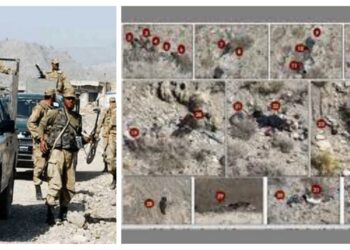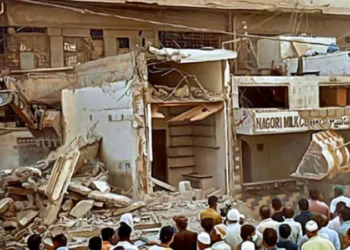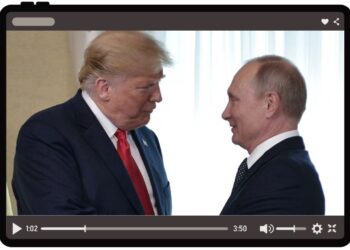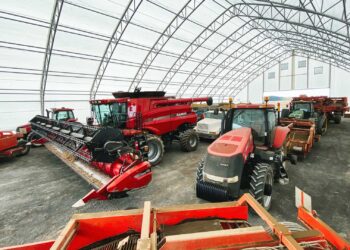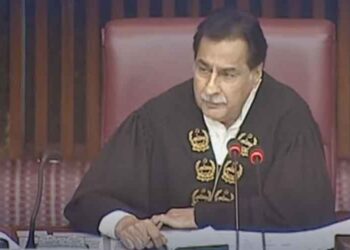ISLAMABAD (Web-Desk); Syria is set to hold parliamentary elections between September 15 and 20, according to Mohammed Taha al-Ahmad, chairman of the Higher Committee for People’s Assembly Elections. The announcement was made through state news agency SANA on Sunday.
These elections will be the first since the ousting of long-time President Bashar al-Assad, who was removed from power following a swift rebel offensive last December. The upcoming vote marks a significant step in the country’s post-conflict political transition.
Under the framework announced by Syrian authorities, one-third of the 210 seats in the People’s Assembly will be appointed directly by interim President Ahmed al-Sharaa. The remaining two-thirds will be filled through provincial elections. Hassan al-Daghim, a member of the election committee, stated in a recent interview with Erem News that an electoral college will be established in each of Syria’s provinces to facilitate the selection process.
This election is part of a broader political roadmap outlined in a temporary constitution signed in March by interim President al-Sharaa. The document stipulates the formation of a transitional People’s Committee to function as a temporary legislative body until a permanent constitution is enacted and general elections are held — a process that could take several years.
Despite these formal steps toward governance, Syria remains deeply fractured, with growing divisions over the legitimacy and direction of the interim authorities in Damascus. Earlier this month, sectarian violence erupted in the southern province of Suwayda, leading to hundreds of deaths and raising fears about the stability of Syria’s fragile postwar environment.
The violence in Suwayda was reportedly triggered by a cycle of retaliatory kidnappings between armed Bedouin tribes and members of the Druze religious minority. As the clashes escalated, Syrian government forces intervened, claiming to restore order. However, local sources and observers suggest the military effectively supported the Bedouin clans, further intensifying the crisis.
Disturbing reports emerged alleging that Syrian government troops executed Druze civilians and engaged in arson and looting of Druze homes. These actions sparked outrage and condemnation from various quarters, both domestic and international.
In response to the escalating crisis and in an effort to protect the Druze community, Israel launched a series of air strikes targeting Syrian government forces and the country’s Ministry of Defence. Israeli officials stated that the attacks were carried out in defense of the Druze minority, a community with historical and cultural ties to the Druze population in Israel.
The developments have cast a shadow over Syria’s upcoming elections, with questions looming over the credibility and inclusiveness of the process. Critics argue that the appointment of a significant portion of parliament by the interim president may undermine democratic legitimacy, while others remain skeptical of the transitional government’s ability to unify the country after years of civil war.
As Syria approaches this critical juncture, the success of the elections — and the broader transition — will depend not only on the technical organization of the vote, but also on whether the interim leadership can gain the trust of its deeply divided population and bring an end to ongoing violence.








